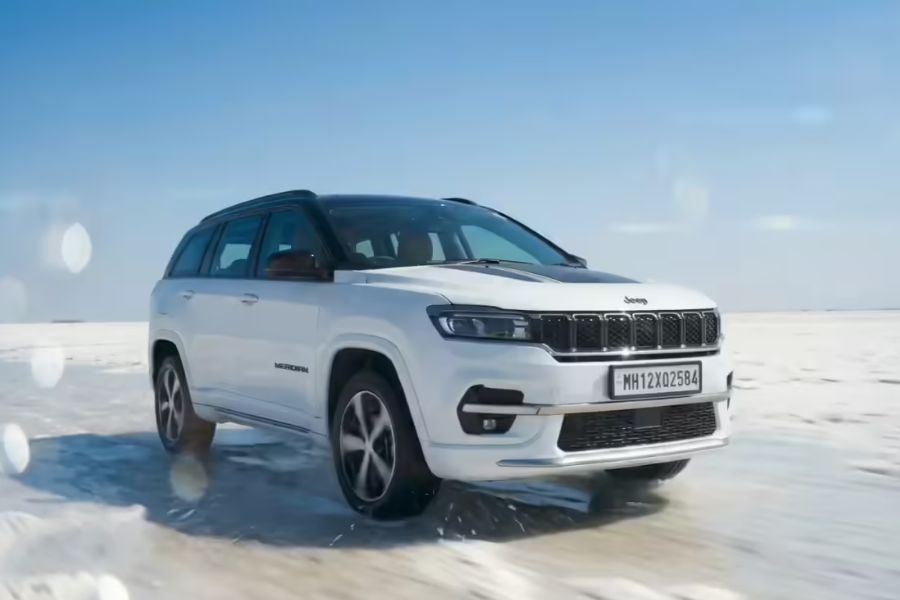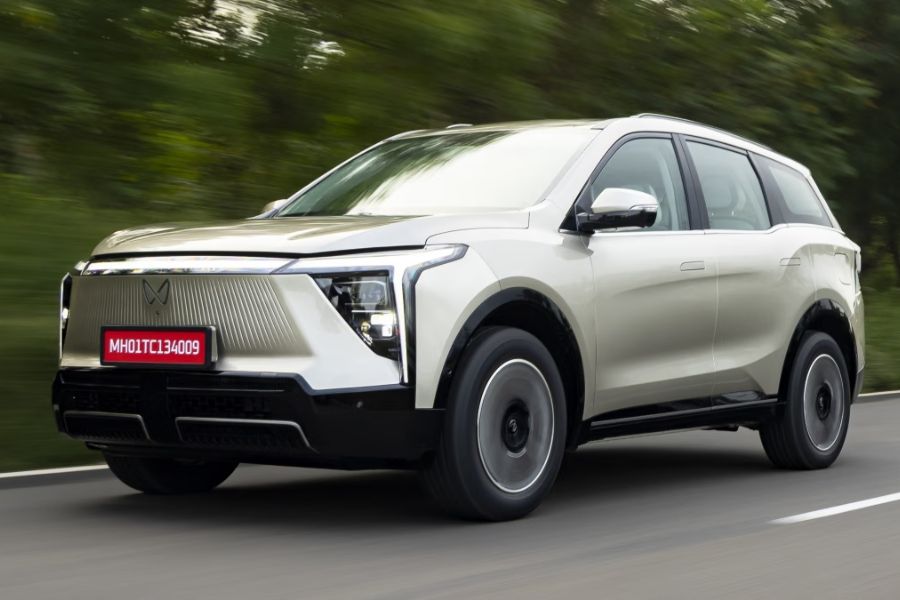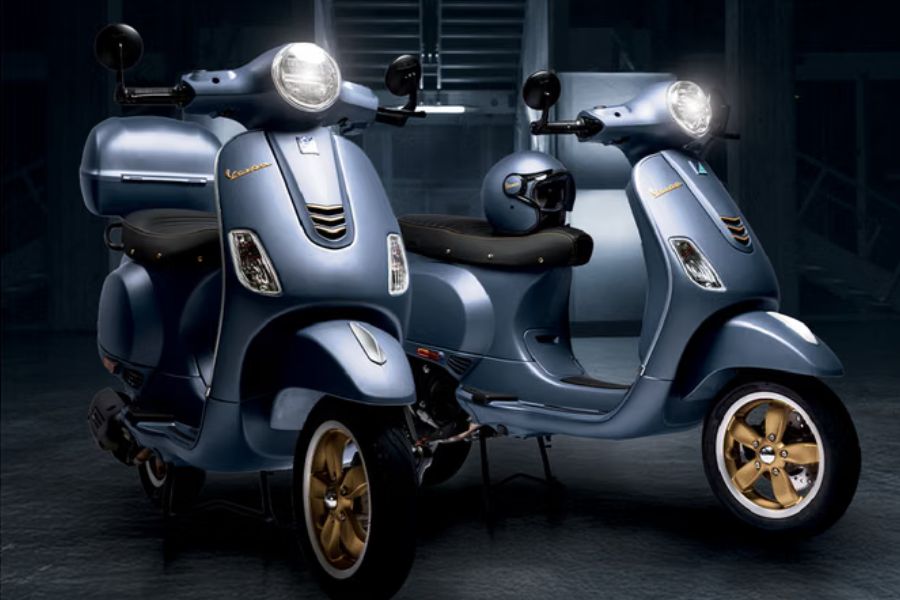IndiGo Airlines has filed a trademark infringement lawsuit against Mahindra Electric Automobile Limited (MEAL) in the Delhi High Court, alleging that the automaker’s use of the “6e” branding for its BE 6e electric SUV infringes on IndiGo’s trademark.
The airline asserts that its registered “6E” mark, widely associated with its services like 6E Eats, 6E Prime, and 6E Flex, has achieved global recognition and represents its reputation and goodwill. IndiGo claims the unauthorized use of the mark in any context infringes on its intellectual property rights.
Mahindra’s Position
Mahindra has defended its use of the “6e” name, stating that it was registered under Class 12 for vehicles. The automaker noted that its “BE 6e” branding, accepted by the Registrar of Trademarks in late November, is distinct from IndiGo’s standalone “6E” and caters to a completely different sector. Mahindra emphasized that its electric vehicle branding is unlikely to cause confusion with an airline’s services due to the unique design and target audience.
Legal Proceedings and Negotiations
The case, which was initially brought before Justice Amit Bansal, has been rescheduled for December 9 following the judge’s recusal. IndiGo’s legal representatives confirmed that preliminary discussions between the two companies began after Mahindra reached out earlier this week. Both sides have expressed a willingness to resolve the matter amicably.
Broader Implications
Trademark disputes like this underscore the challenges of enforcing intellectual property across industries. While IndiGo insists on safeguarding its mark across various sectors, Indian trademark law typically confines protection to the specific categories under which a trademark is registered unless it qualifies as “well-known” or there’s a tangible risk of consumer confusion.
As discussions continue, the possibility of an out-of-court settlement remains open, avoiding prolonged litigation and allowing both parties to focus on their respective industries. The case has drawn attention for its implications on brand identity and cross-industry trademark enforcement.
Read More:




